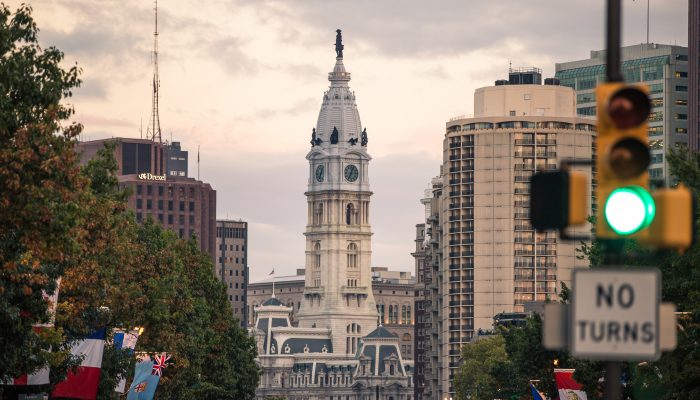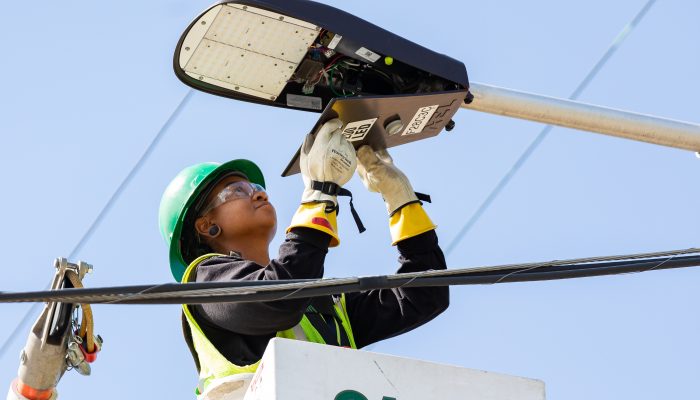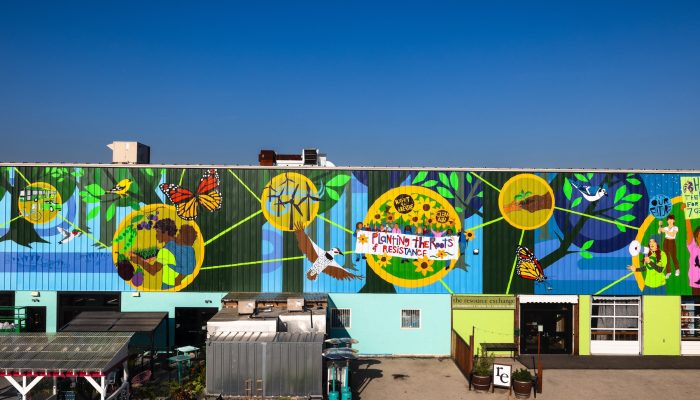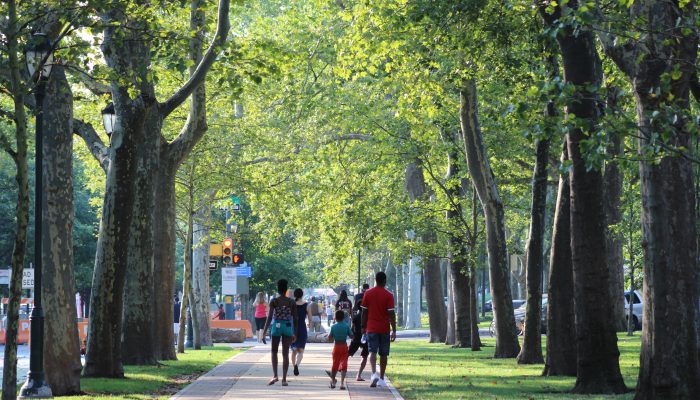Before City Council’s three-month summer break we highlighted new carbon cutting legislation in Philadelphia. Now that council is back is session, read on for a recap of new environmental legislation in progress in Philadelphia City Council.
Newly Passed out of Committee
1. Building Tune Up
In Philadelphia, buildings and industry make up more than 70% of carbon emissions citywide. This proposed legislation would improve energy efficiency and decrease carbon emissions in non-residential buildings over 50,000 square feet by requiring building “tune-up” inspections as well as the implementation of low-cost adjustments and minor repairs to existing building systems. This bill builds off of the existing Energy Benchmarking program and would cut carbon pollution citywide 5% while creating as many as 500 new local jobs in the clean economy.
2. Funding for Environmental Justice Commission
Last year, City Council passed legislation creating an Environmental Justice Commission that would provide recommendations to the Mayor and the Office of Sustainability regarding the studying and reporting on environmental justice issues. This legislation would provide for compensation for Commission members to address the resource limitations- whether that be time, money, or other factors, that act as a barrier to traditionally marginalized communities exercising their voices in the civic process.
3. Heavy Fuel Oils
A bill was passed out of the Committee on the Environment to stop the use of commercial heavy fuel oils in Philadelphia over the next five years. Fuels oils are assigned numbers 1 through 6. Fuel oil numbers 4, 5, and 6 are considered “heavy” and release more pollutants like particulate matter, nitrogen oxides, and sulfur oxides which are linked to asthma, heart disease and lung disease.
4. Lead Paint in Rental Properties
In late September Councilmember Reynolds Brown amended a bill to certify as safe from lead. Though lead is a naturally occurring metal, it is toxic and can impact the brain, liver, kidney, and bones. Lead is especially harmful to children and can affect brain development. Youth most often encounter lead in their own homes as lead paint or lead dust. Though lead paint was banned in 1978, it persists in the environment as older layers of paint and can also be tracked into the house from outside as soil exposed to industrial land-uses and unleaded gasoline. Lead has also been used stained glass, lead crystal glassware, jewelry, toys, cosmetics, ceramic glazes, and ammunition.
Updates
5. BYO (Bring Your Own) Bag Bill
Introduced in June, this bill is designed to increase use of reusable bags while decreasing the use of single-use plastics and the presence of litter on Philadelphia streets. The bill gets rid of single-use plastic bags and non-recyclable paper bags in retail stores. In addition, retail stores will charge $0.15 for each recyclable paper bag and/or reusable bag it provides to its customers. Shortly after the bill was introduced, the State of Pennsylvania prohibited bans on plastic bags and other containers, wrappings, and bags for one year while the economic and environmental impacts are studied.




